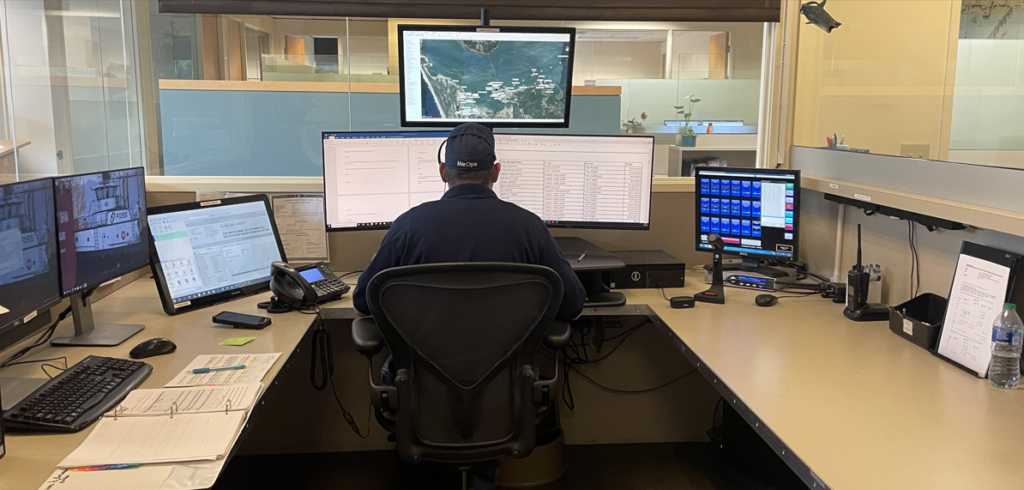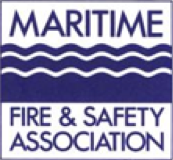
Activating the MFSA Umbrella Vessel Response Plan
What happens when you call to activate the plan?
When you call in to report a spill or threat of spill you will be asked a series of questions. It’s not necessary to have all the information right away, just enough to activate a response. In the event of a spill, acting swiftly is critical to minimizing the potential environmental damage.
Basic information you will be asked:
- Your name, organization, and call back number
- Name of vessel and your affiliation with it (such as agent)
At this point MFSA will check to see if the vessel is covered by the umbrella plan. If it is, they’ll will read you the following statement:
“By contacting the MFSA to report a spill or threat of spill from your vessel, you are activating the MFSA plan and are authorizing MFSA to initiate a response, which may include deploying equipment and other resources. Are you granting MFSA authorization to proceed?”
This is critical, we must receive verbal authorization to proceed. When in doubt, it is better to activate and let a trained response professional determine what response is needed, they will only activate resources necessary to respond to the incident. The cost to have a response professional assess your situation may be less than any penalties. As the Washington Department of Ecology states on their website:
There are no penalties for reporting a spill unnecessarily, but there may be significant penalties for not reporting one.
After granting authorization to proceed, you’ll be asked:
- Vessel’s current location (berth, river mile)
- When did incident occur?
- Were materials released into water? (if so, type and amount of product)
- Is a Safety Data Sheet (SDS) available?
- Has the release been controlled or stopped?
- Description of event
- Agent name
- Vessel QI
After this information is recorded, MFSA will activate an on-duty Initial Spill Response Coordinator (ISRC) and follow a call-down sheet:
- Clean Rivers on-duty Response Manager
- National Response Center (NRC)
- Oregon Emergency Response System (OERS)
- Washington Emergency Management Division (WEMD)
- Vessel Agent (if they weren’t the person reporting the spill)
- Vessel QI
- USCG Sector Columbia River
- MFSA on-call representative
One of the advantages of reporting your spill through MFSA is that as the Vessel Response Plan holder we will make notifications on your behalf, freeing you up to focus on managing the situation.
